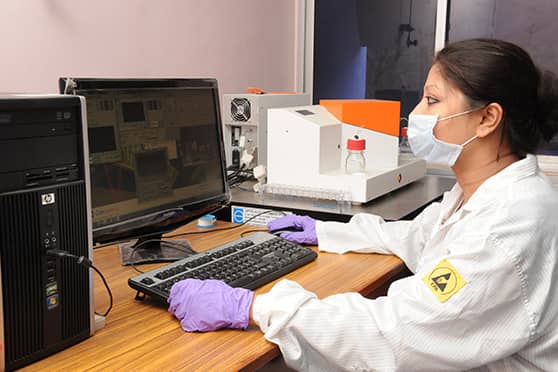IIT Madras selected by the Govt of India to advance women in STEM


Indian Institute of Technology Madras has been chosen by the department of Science and Technology, Government of India, to advance women in STEM (Science, Technology Engineering, and Mathematics).
Called GATI or ‘Gender Advancement for Transforming Institutions initiative,’ it seeks to develop and implement policies and address issues in a systematic and timely manner.
The institute, which is one of the 30 selected for this pilot project, is keen to contribute to DST’s vision to develop the country’s first National Assessment and Accreditation Model for S&T institutes, which is based on gender-sensitive practices.
Highlighting the institute’s commitment to the cause of women in STEM, V Kamakoti, director, IIT Madras, said, “DST’s initiatives are very important and aligned with the overarching objectives of IIT Madras. IITM will support the GATI initiative fully.”
DST has partnered with British Educational Institutions to develop GATI, which aims to bring about tangible and positive changes in terms of the improvement of gender ratios. A gender equity charter has also been developed for an India-specific context. Pratibha Jolly, former principal, Miranda House, Delhi, and her team have developed a methodology for evaluation and assessment of the institutional gender climate, with a uniquely Indian look.
Highlighting the impact GATI will have in encouraging women to take up a career in STEM, Preeti Aghalayam, nodal officer, GATI Self-Assessment Team (GSAT), IIT Madras, said, “DST’s initiative comes at absolutely the right time for us. I look forward to working with the team on improving the research and gender climate of IIT Madras.”
A GATI self-assessment team (GSAT) has been established at IIT Madras with several representatives from each group of stakeholders at the institute. The institute leadership and administration are committed to the gender equity charter put together by the GATI team, and the GSAT is actively working on the framework developed by Jolly.
The plans for the immediate future include: